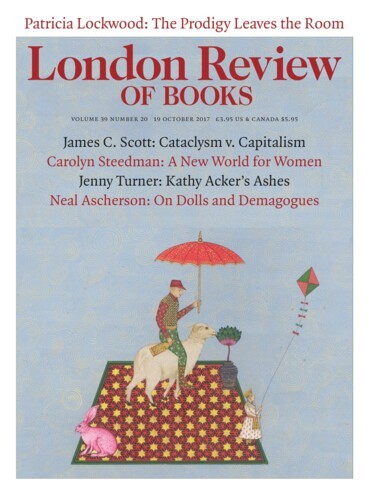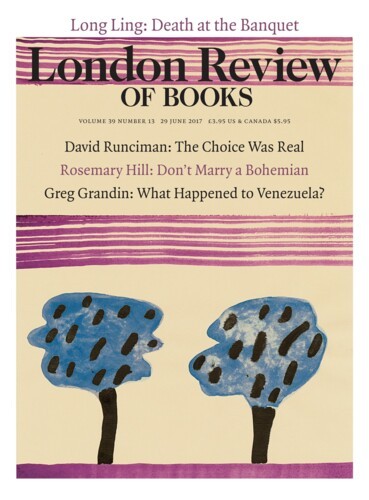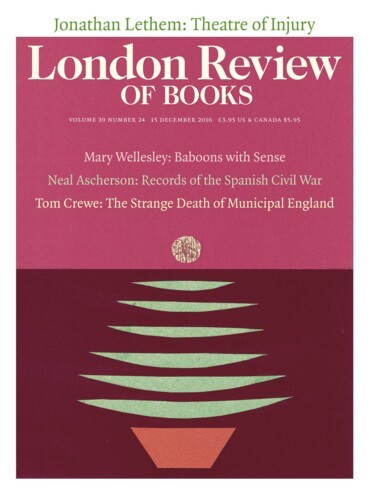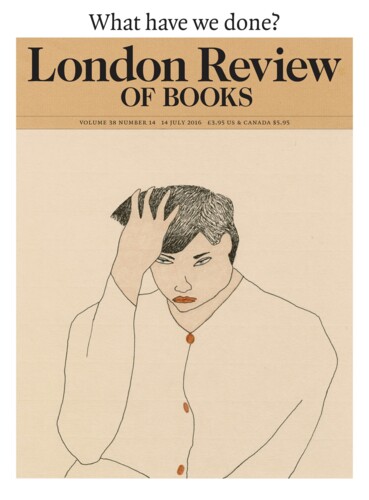A Pair of Yellow Gloves: Stendhal’s ‘Italian Chronicles’
Tim Parks, 19 October 2017
There are so many Stendhals – art historian, music critic, travel writer, novelist, political pundit, opera buff, soldier, bureaucrat, diplomat, sparkling conversationalist and incorrigible womaniser – that the reader may despair of conceiving any overall project undertaken by the man baptised Marie-Henri Beyle in 1783. Aside from ‘Stendhal’ there were scores of...





